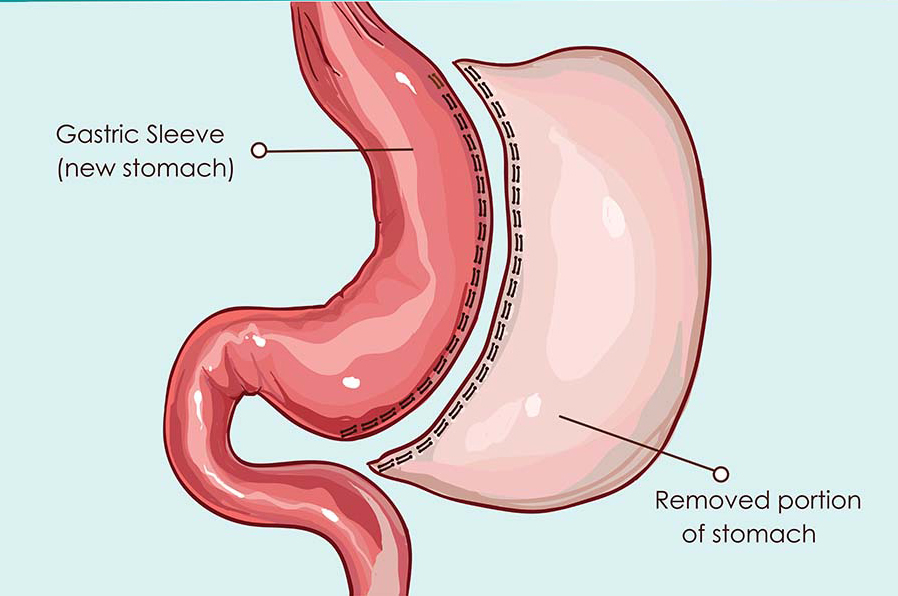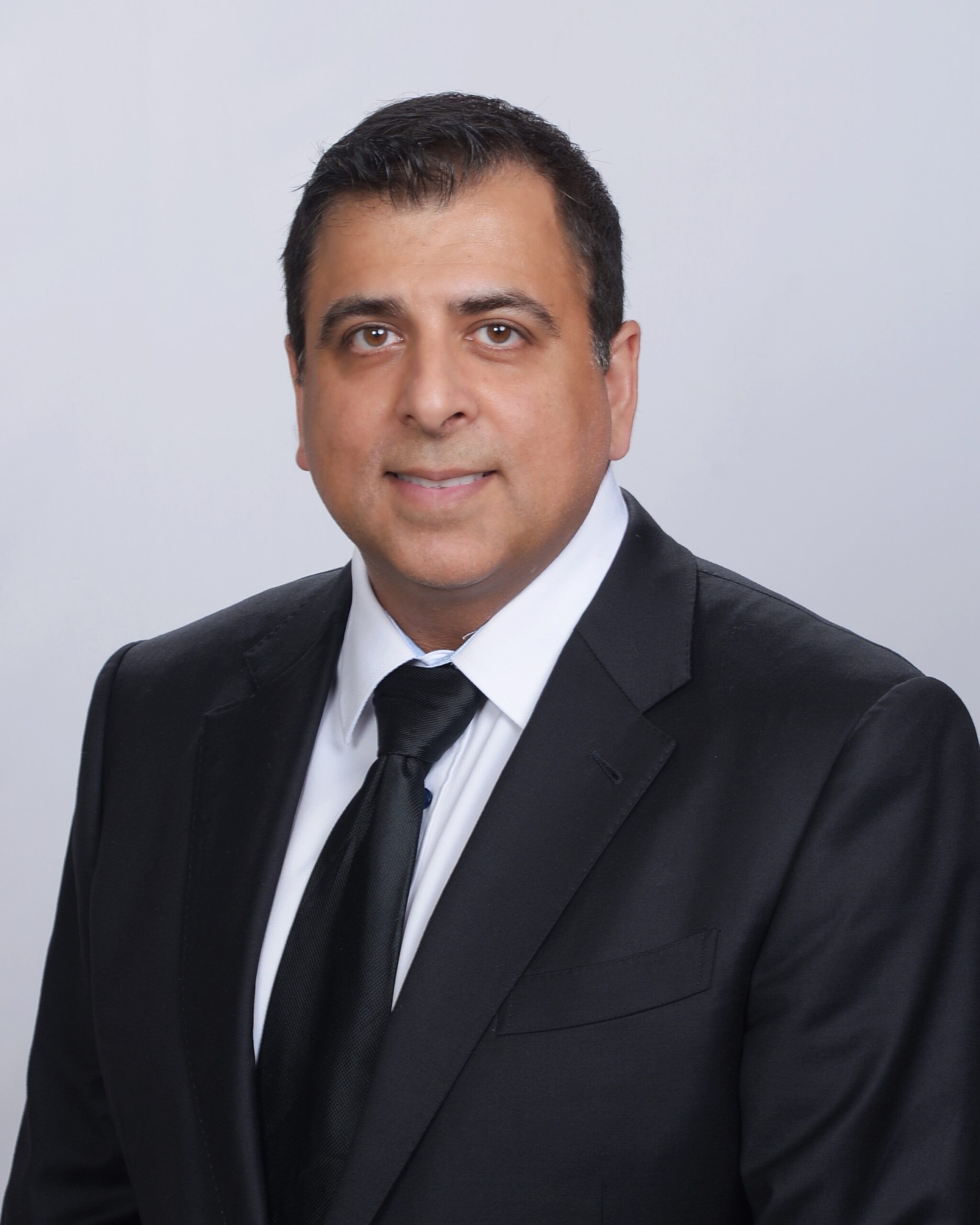If you’re looking for a solution to significant weight loss that lasts, the Vertical Sleeve Gastrectomy (commonly called Gastric Sleeve Surgery) could be the life-changing step you need. By reducing the size of your stomach and enhancing control over your hunger, this weight-loss procedure helps you achieve lasting results. Learn how Dr. Taggar, a world-renowned specialist in bariatric surgery, is using cutting-edge technology to help patients safely and effectively regain control over their health.

Vertical Sleeve Gastrectomy (VSG) is a form of weight-loss surgery designed to reduce the capacity of your stomach by around 75-80%, effectively reshaping it into a thin, tube-like structure. By removing a significant portion of the stomach, VSG limits how much food you can comfortably eat, while also significantly reducing the production of ghrelin—the hormone responsible for triggering hunger.
This procedure is particularly effective for people struggling with obesity who haven’t had success with other weight-loss methods. Studies from the and indicate that the reduced stomach size and decreased ghrelin production create a powerful combination for long-term weight management. With the help of a weight loss surgery specialist like Dr. Taggar, patients experience a minimally invasive procedure with faster recovery times, minimal pain, and exceptional long-term results.

The emphasizes that VSG is an irreversible procedure, meaning that the commitment to long-term lifestyle changes is essential for achieving and maintaining results.
Proper nutrition is crucial after Vertical Sleeve Gastrectomy to ensure long-term success and avoid complications:
The journey to better health doesn’t end in the operating room. The and other studies highlight the importance of psychological support throughout the process:
Successful weight loss and maintenance after Vertical Sleeve Gastrectomy require permanent lifestyle changes:
Preparing for gastric sleeve surgery involves physical, mental, and logistical aspects:
When it comes to weight loss surgery, you deserve to be in the best hands possible. Dr. Taggar is a global leader in bariatric surgery, recognized by peers and presidents of professional bodies like ASMBS and IFSO. He has trained surgeons from around the world, including Egypt, India, Spain, and Austria, and is the number one case observation site worldwide for robotic bariatric surgeries from 2021-2025.
Dr. Taggar has also performed live robotic surgeries at several prestigious events, including the Society of Robotic Surgery (2024), Connect (2023 & 2022), and ASMBS (2022). His commitment to innovative, patient-centric care makes him the perfect partner on your journey to weight loss and better health.
Ready to take the next step? Reach out today to schedule a consultation with Dr. Amit and discover how Vertical Sleeve Gastrectomy can help you achieve your health goals.

